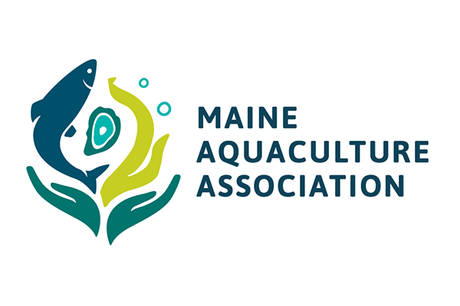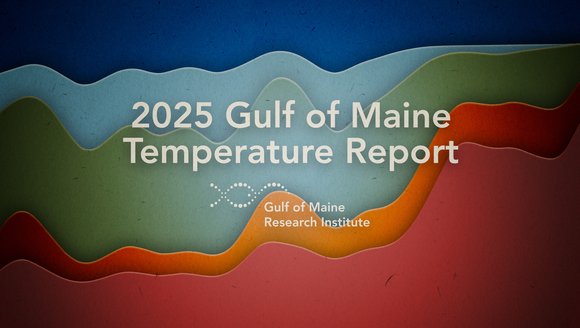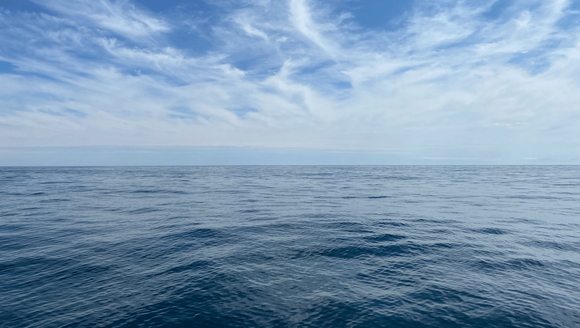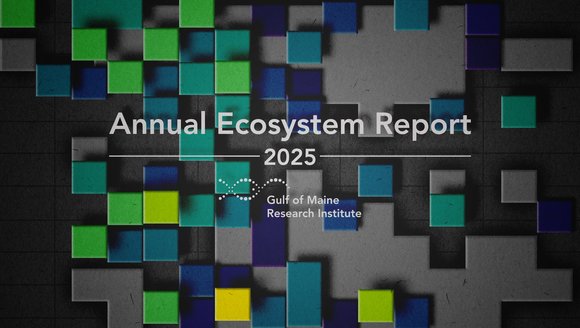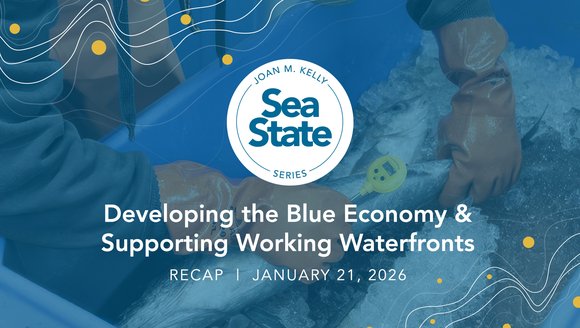Supporting the Development of Socioecological Literacy
Connecting underserved youth with regionally relevant careers.
This project advances efforts to better understand and promote practices that broaden access to and interest in regionally relevant science, technology, engineering, and math (STEM) occupations for underrepresented youth. Situated within the context of Maine's vibrant aquaculture industry, third graders from across the state will explore human-nature interactions in marine resource-dependent economies through hands-on learning experiences at active farms, the construction and revision of computational models of natural systems, and engagement with choice-based virtual economic games.
Project Goals:
- Broaden participation in Maine’s growing aquaculture industry.
- Elucidate a model for local school districts to connect participating youth with a regional workforce through industry and community partnerships.
- Provide Maine elementary students with a foundation of systems thinking and economic reasoning.
- Support a future citizenry who understand how particular decisions based on anticipated futures can achieve or not achieve certain environmental goals.
This project will prepare 250+ elementary students from rural and immigrant/refugee communities to participate in Maine’s growing aquaculture industry through an integrated suite of carefully designed learning experiences. These experiences will include hands-on field experiences at active aquaculture farms, mentorship with local farmers, and classroom-based activities which foreground the affordances of scientific modeling as a means to represent, test, and understand relationships within the natural world.
The goal is to establish a bridge between the classroom and a regional workforce, and to develop multiple areas of skill and knowledge – including systems thinking and economic reasoning – that can be flexibly deployed across a students’ entire academic career and across evolving future work environments. This project will elucidate a model for connecting local youth with regionally relevant careers and contribute to the understanding of how a learning model connecting students with a local workforce can support the development of STEM knowledge and identities, particularly in those from underrepresented backgrounds.
Project Team
Project Sponsor
This project is funded by the National Science Foundation, award #2048828.
Read Next
-
2025 Gulf of Maine Temperature Report
Over the past decade, our scientists have led a body of research that highlights temperatures in the Gulf of Maine. To keep you informed, we …
Reports
-
Atlantic Meridional Overturning Circulation (AMOC) 101
This 101 explainer breaks down what the AMOC is, how it influences climate, what scientists are observing now, and what a changing AMOC could mean …
Perspectives
-
2025 Casco Bay Ecosystem Monitoring Report
Dive into the latest findings from a decade of nearshore monitoring in one of the world's fastest-warming marine ecosystems.
Reports
-
Sea State Recap: Developing the Blue Economy and Supporting Working Waterfronts
At our latest Sea State Seminar, we turned our attention to the people and places that keep Maine’s coastal economies alive. Framed by the theme …
Perspectives

